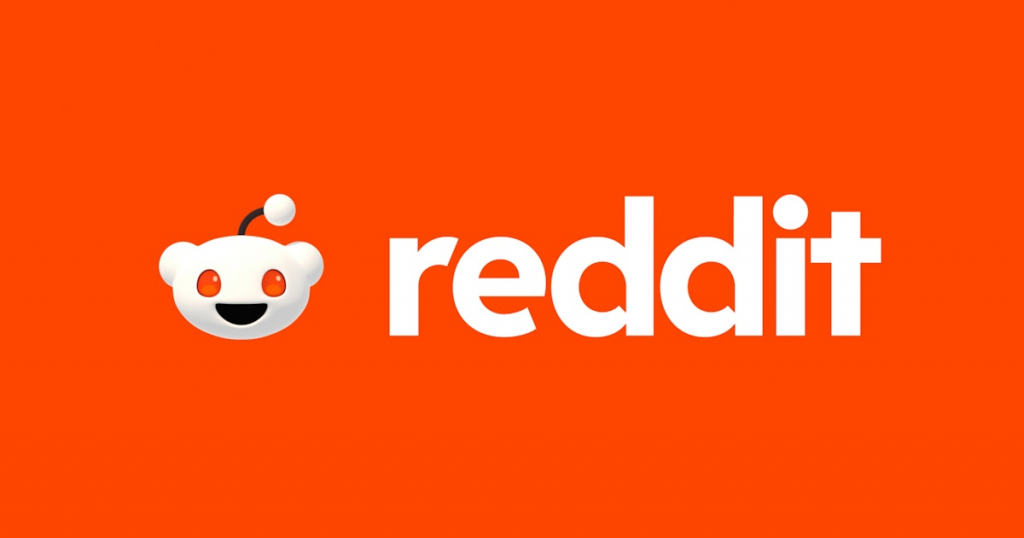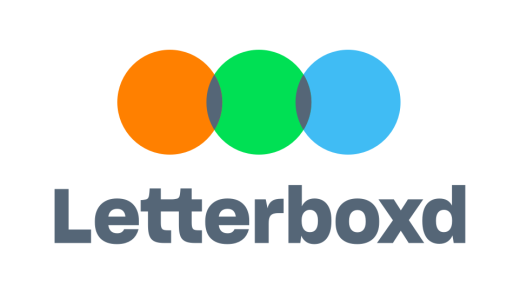
People often describe the Internet as an exceptional tool for community building, and it is. I cannot deny that the ability to communicate with anyone anywhere changes the game, but the very communities that are built are highly reliant on the platforms that are used. The ownership and algorithms of these platforms encroach on the autonomy that the individual has when finding a fitting community. Examples of these are Facebook, which allows communities to be built based on humor, general interest, political views, and even trying to find a room in the area you study. Zuckerberg always continues to say that social media exists to create communities and bring people closer together. While it can be disputed that the quality of these digital communities is less than that of the real world, I am here to discuss the different kinds of communities that can be formed depending on the digital infrastructure that is provided.

The Discussion-Based Community & Algorithmic Bias
A Twitter community is not so much a connection between individuals as it is about individuals sending their opinions and views to a larger community. This way, when people decide to follow person X on Twitter, it creates a community surrounding that person. Say that the person you now follow also follows Person Y and retweets them, both you and Person X are now in the community and sphere of influence of Person Y. Twitter is thus closer to a model of community that is not inherently two-sided, nor is the community itself central. It is closer to a fan’s relationship with their idol, though it can be an anti-fan in this case. Besides this, Twitter uniquely has discussion-based communities. A single thread that people subscribe to to make their point or view others make a point. Once again, it is relatively impersonal and tends to support asocial behavior rather than the existence of group pressure that can be exerted on Facebook or Discord. Since Lex Luthor took control of the platform, the quality of discussions and communities has sloped towards a more asocial side. The algorithm has continuously weakened individual autonomy over the consumption of content and drives people to polarized communities of mutual dislike.

The Tight and Personal Community of Discord
Discord, on the other hand, is a relative niche. It is used by many people but is still a niche compared to Facebook or Twitter. Discord grants the user exceptional levels of freedom and various unique ways of community building compared to Twitter and Facebook. The fact that you are not steered towards joining a community, nor controlled by an algorithm what content you interact with first, allows you to create or join a community with inherently a greater level of personal agency. The various ways that Discord allows you to interact with people, be it in a video chat, voice chat, or regular chat, means it has the advantages that Skype used to have while having many additional tools to guarantee the creation of a community or social structure. The inclusion of titles, the ease you have to join a different voice chat, or even bots showing how many messages have been sent in the group chat all give a different and unique identity to the communities regardless of their size. During COVID, the discord of the Sinology Association had a bot that would count the total amount of messages sent in the main chat. This incentive to spam resulted in an odd game that brought us closer through such a simple game. Talking of games, many find their way into Discord through their respective gaming communities, which truly got to shine on Discord.

For those with any and many interests
Another major community platform is Reddit. It is considerably more varied and community-driven than even Facebook. To a far greater extent, it focussed on different kinds of interests, and any interest can be found here. Like Discord and Facebook, there are differing levels of user-based moderation depending on the community you have found for yourself. Like Facebook, it is driven by text and visuals primarily, so the ability to connect is less than, for example, Discord, yet the barrier of entry is considerably lower than Facebook. This is because you can keep a level of anonymity. This is an advantage it shares with Discord. Anonymity, as can be seen on Twitter, can result in the stimulation of antisocial behavior due to a lack of accountability mechanisms, but due to the Group-Based communities, as compared to the Discussion-Based communities, you are less likely to do that to people that generally share your interest, or which you have actually talked to. This means that you can be yourself without the fear of being judged for being you. I personally have known people on a Discord community with considerable troubles at home, and through Discord we could communicate with them. It can be a tool that allows people to connect with people in previously uncharted ways. Through this people in vulnerable positions, be it a bad relationship, parental abuse, financial troubles, or difficulties with their sexual identity, can gain the mental, emotional, and social support necessary to bring their life back on track or hang on through a difficult period.
Algorithmification is certainly doing considerable harm to society, steering public discourse in ways to promote the views of the Digital Overlords, but that does not change that Group-Based communities, moderated by individuals rather than social media algorithms, can bring hope to many a person in a tight spot in their life. It is not up to me to weigh the good against the bad, but it is still important take a good look at the fundamentals of digital community building.



Recent Comments